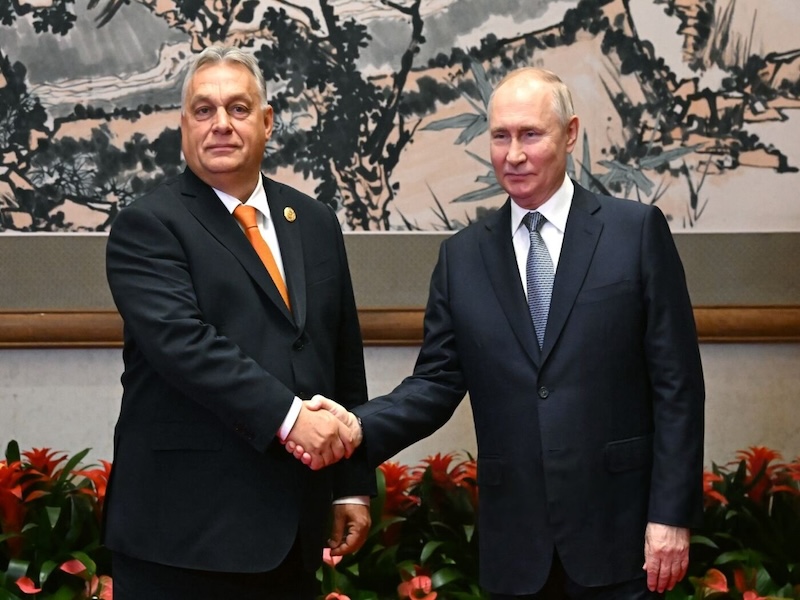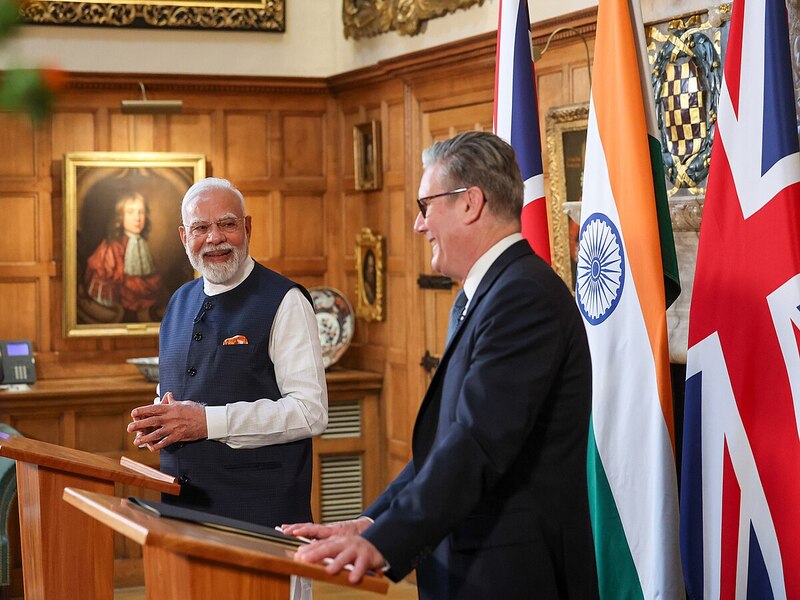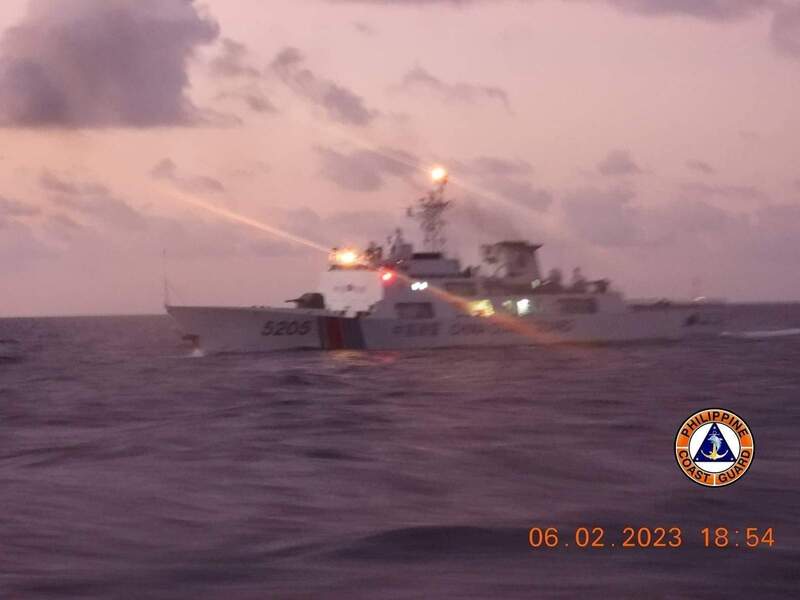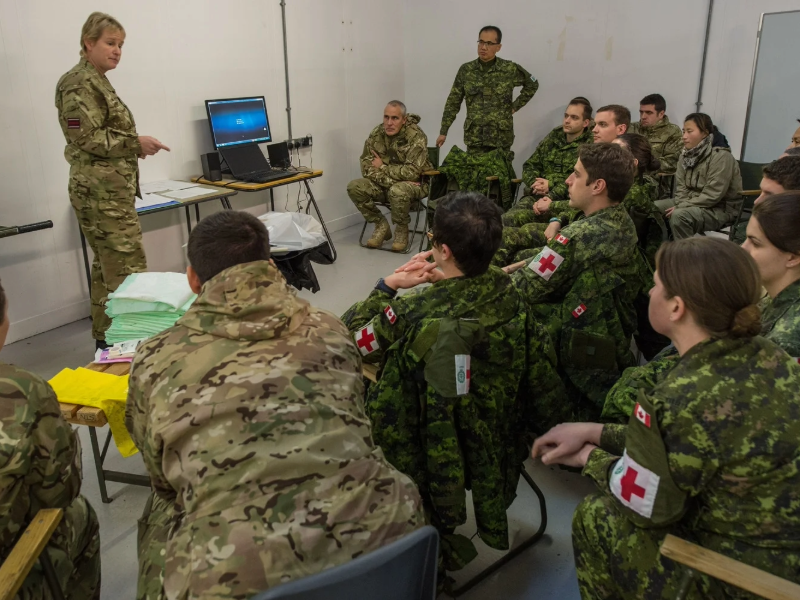How could gender-inclusive national service shape Canada’s future defence posture? This article examines the growing debate around universal service in Canada, assesses its implications for Women, Peace and Security commitments under NATO, and draws lessons from Nordic models to consider whether compulsory service could strengthen societal resilience and women’s meaningful participation in defence.
Tag: NATO
Sexual Violence as a Weapon of War: NATO’s Responsibility to Protect Women
This article looks at how sexual violence operates as a weapon of war in Sudan, and considers NATO’s responsibility to protect women under its Women, Peace & Security (WPS) agenda. It emphasizes the necessity of international collaboration, through policing, justice, and accountability initiatives, in order to strengthen women’s protections and address conflict-related sexual violence.
Special Report: The Case for Canada to Become an Allied Energy Superpower
Introduction The 2022 Russian invasion of Ukraine has forced NATO to acknowledge the weaponization of energy. Electric grid coercion, gas cut-offs and cyber-intrusions into critical energy infrastructure and pipeline flow manipulation all represent core structural vulnerabilities of the European security architecture. NATO has responded by moving energy security from the periphery of its security planning Read More…
Fractures in Unity: Hungary, Slovakia, and Europe’s Energy Future
As Canada seeks to strengthen its ties with the EU, how does division in European energy policy and broader support for Ukraine affect transatlantic unity? In this article, our Junior Research Fellow Angelina Smolynec unpacks pipeline politics and explains why Hungary and Slovakia have deepened their ties with Moscow, while most of the EU has committed to phasing out Russian fuel.
From Kyiv to Taipei: Why the Russian-Ukrainian War Matters in the Indo-Pacific
Alexander Morrow and Nataliia Dikalchuk explain why Ukraine’s fight matters far beyond Europe. The war is reframing deterrence in the Indo-Pacific, prompting Taiwan to prioritize self-reliant defence and pushing China to reassess Western unity. Their analysis highlights how democratic resilience in one region shapes security calculations in another.
How NATO’s Innovation Lift Could Reshape Canada’s R&D System
Innovation as strategic capital NATO members are placing increasing emphasis on science, technology and industrial capability as part of collective defence. The recent commitment by allies to move toward defence spending of 5% of GDP, including higher levels of research, development and industrial investment, reflects a recognition that technological advantage affects deterrence, economic resilience and the ability to operate in contested environments. This shift Read More…
The Philippines at a Crossroads: Domestic Politics and NATO’s Indo-Pacific Challenges
What implications does domestic Philippine politics pose for foreign policy for NATO members? In this article, Karissa Cruz highlights the broader implications posed by the Duterte-Marcos feud over foreign policy direction, what it means for NATO, and how members should perceive these tensions amidst the heightened aggression by China.
A Model for NATO Engagement in South Asia: Why Working with India Makes Sense for Britain
What lessons can NATO members learn from the United Kingdom and India’s growing strategic partnership? In this article, Angus MacKellar discusses how London has strengthened its relationship with New Delhi whilst avoiding broader geopolitical commitments in an increasingly fractious South Asian security environment, underlining how India’s position and interests make flexible NATO engagement both feasible and valuable.
Illuminating the Grey Zone: How NATO can help shape the Indo-Pacific’s Pre-Conflict Terrain
What role can NATO play in addressing grey zone coercion in the Indo-Pacific? In this article, Joel Sawyer explores how the Alliance can strengthen regional pre-conflict deterrence and preparedness to reduce the effectiveness of coercive grey zone operations, actions, and activities.
On the Ground and in the Air: Canada’s Defining Role in NATO’s Military Healthcare
In this article, Sanam Singh argues that NATO’s medical system anchors every mission with Canada’s leadership enhancing its strength on the ground and in the air. The piece shows how Canada’s expertise positions NATO to confront the growing threat of cyberattacks targeting military healthcare.










